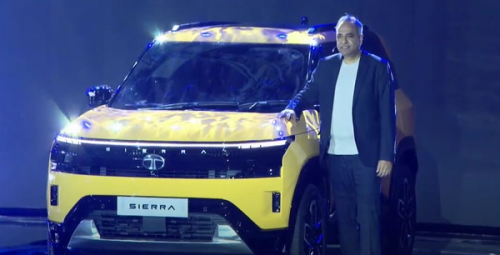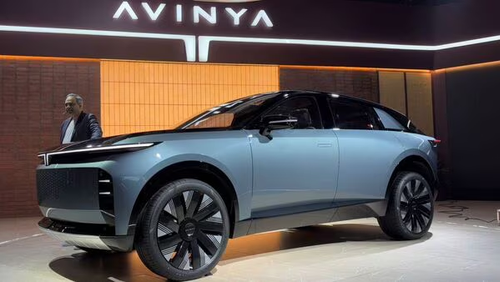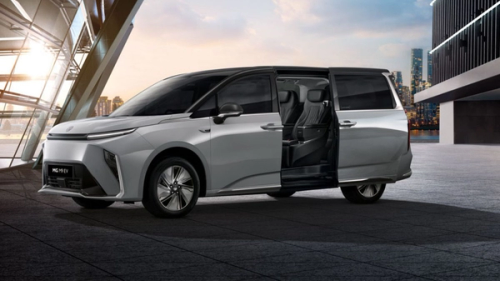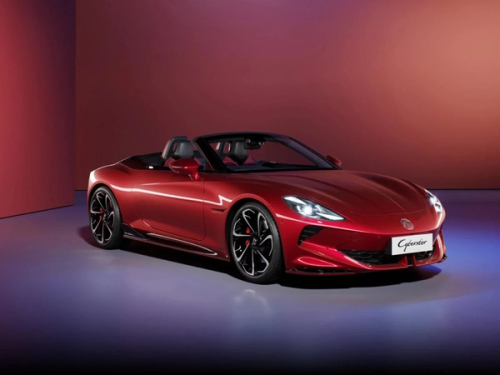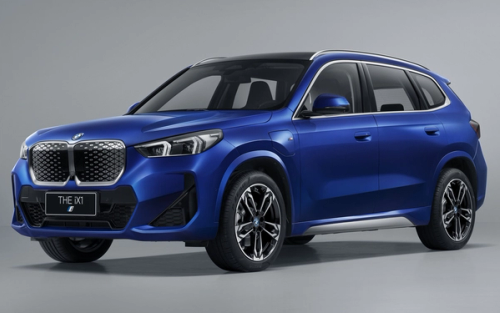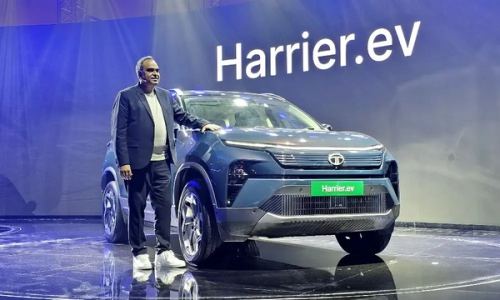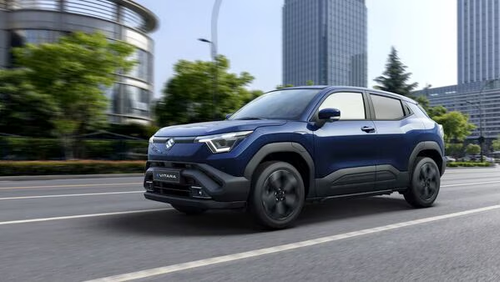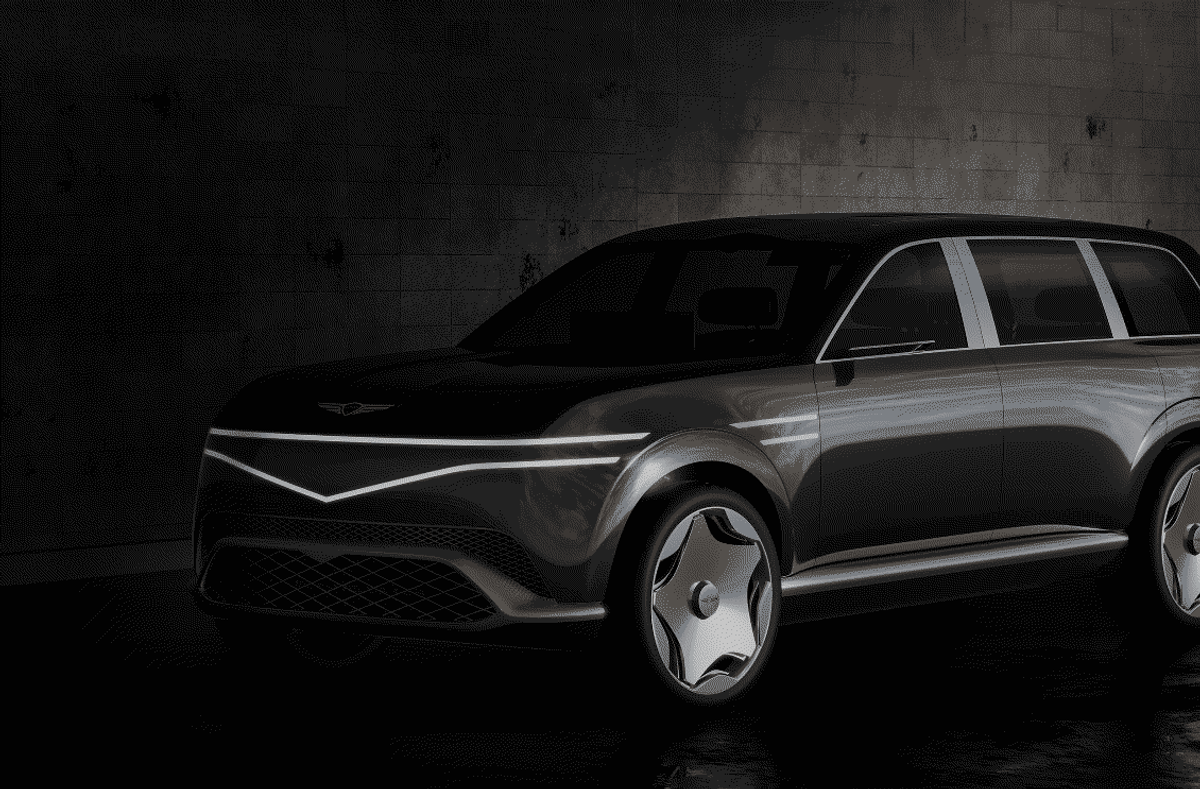Genesis Backpedals, Pedals Forward: Hybrids Are the New EVs (Sort Of)
10 Dec 2024
108
By Vaibhav

Source: Genesis
Genesis, the luxury sibling of Hyundai, has had a bit of a rethink. After vowing to go all-in on EVs by 2025 and banish internal-combustion engines (ICEs) to the history books by 2030, it turns out the market had other ideas. So, hybrids are in—alongside ICEs and EVs—and Genesis is promising to give us a little bit of everything as long as we, the customers, demand it.
From EV-Only to “A Little Bit of Everything”
Mike Song, the global head of Genesis, recently said the quiet part out loud: EVs alone aren’t cutting it just yet. “We won't decide our product plans; our customers will decide,” he told the media. Translation? Genesis is hedging its bets with hybrids and even extended-range EVs (EREVs). Why go fully electric when you can just give the people what they actually want—and maybe keep a few more customers happy?
Genesis currently offers three EV models but zero hybrids. That’s about to change, starting with hybrid SUVs like the GV70, slated to hit the streets next year. And by 2027, the lineup will get some extended-range EVs that promise to be cheaper than traditional EVs but still green enough to keep regulators smiling.
What Even Are Extended-Range EVs?
Think of EREVs as the awkward middle sibling between plug-in hybrids and pure EVs. Instead of the gas engine powering the wheels, it acts as a generator to juice up the electric motor. It’s kind of like giving your phone a power bank—practical but definitely not the same as being plugged in. EREVs, like the upcoming Ram 1500 Ramcharger, aim to be cheaper and offer longer range than plug-in hybrids without going full Tesla.
American regulators even classify EREVs as closer to EVs than hybrids, which is like calling oat milk “milk”—technically true, but also, come on.
Why the Change of Heart?
Genesis originally planned to go EV-only by 2025, but it seems not everyone’s ready to join the electric revolution. According to Claudia Márquez, Genesis Motor North America’s COO, the market has changed, and so has Genesis’s game plan. “We’re introducing hybrids because that’s what customers are demanding,” Márquez said. (Also, apparently, customers didn’t get the memo about Genesis’s previous plans to ditch ICE engines entirely.)
Hyundai, Genesis’s parent company, already makes hybrids like the Sonata and Tucson, so Genesis isn’t reinventing the wheel here. But the addition of hybrids and EREVs to Genesis’s lineup marks a big shift for the brand, which had been doubling down on EVs.
What’s Coming?
- Hybrids: Genesis will start with hybrid versions of SUVs like the GV70, likely because bigger cars = bigger markets. Sedans like the G70? Maybe, maybe not.
- Extended-Range EVs: EREVs will roll out in 2027, starting with SUVs like the GV70 and GV80. Sorry, plug-in hybrid fans—those will remain a Hyundai thing.
- ICEs Stay for Now: As long as people want traditional gas engines, Genesis will keep making them. Yes, that’s a bit of a U-turn, but hey, customer is king.
What Does It Mean for the Future?
This hybrid detour doesn’t mean Genesis is abandoning its EV dreams. It’s more like taking the scenic route while waiting for EV adoption to speed up. With hybrids, ICEs, EVs, and soon EREVs, Genesis is positioning itself as the Baskin-Robbins of powertrains—offering 31 flavors for everyone’s taste.
Final Thoughts
The new strategy is clear: Genesis isn’t going to push customers toward EVs. Instead, it’s letting the market steer the wheel. So whether you’re a gas guzzler, a hybrid dabbler, or an EV enthusiast, Genesis has something coming your way.
For now, though, we’ll sit back and wait to see which powertrain combo wins the day. And maybe keep a few extra bucks in the budget for gas—or a power bank.

